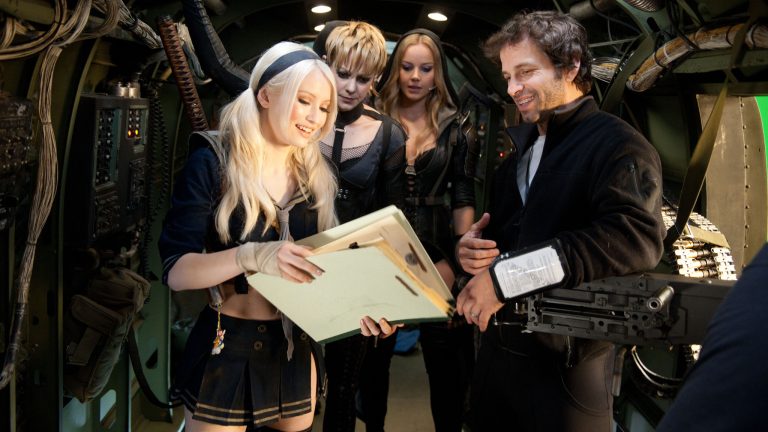When you think about figures of cinematic controversy, one of the names that might first come to mind is Zack Snyder. Digging a little deeper, you’ll discover a big portion of the controversy surrounding him is brought about by his 2011 film, Sucker Punch – you thought it would be Justice League, right?
Sucker Punch is a movie that, despite its mixed reception and performance at the box office, has managed to carve out a cult following over the years. Snyder’s work often blurs the lines between fantasy and reality, and Sucker Punch serves as a prime example of his showy style of storytelling.
Sucker Punch dances on the edge of fantasy and reality, following the story of Babydoll (played by Emily Browning), who is confined to an asylum by her abusive stepfather. To cope, she retreats into a vivid alternate reality, where she and her fellow captives wear elaborate costumes and engage in epic battles that symbolize their fight for freedom.
The film, which also stars talents like Carla Gugino and Jena Malone, has been a topic of debate, with some critics accusing it of objectifying its female protagonists. However, Snyder suggests that the film’s true intent might have flown over the heads of many (like many of his other films – remember the Martha scene in BVS?).
In a recent interview with Total Film, Snyder expressed his belief that the film’s satirical elements were perhaps too subtle, leading to misinterpretation. Sucker Punch, he says, should be seen as a deconstruction of the very tropes it appears to embrace, much like his earlier work, Watchmen, dissected the superhero genre.
The American director’s approach to filmmaking often involves a delicate balancing act of delivering what audiences expect while simultaneously subverting those expectations. This method, while brilliant, can lead to confusion if the subversion isn’t clear, which may have been the case with Sucker Punch.
The film’s ending in particular left many cinephiles utterly confused, questioning what Snyder was trying to convey. It stands alongside a number of other often discussed and debated film endings, such as Inception (though Christopher Nolan explained that one a while back).
Unsurprisingly, the Warner Bros. film didn’t receive much love from audiences during its theatrical run. With an estimated production budget of $82 million, Sucker Punch raked in a meager $89 million at the box office. Despite the initial poor reception, the film has garnered a cult following over the years, with fans advocating for a director’s cut that might shed more light on Snyder’s vision.

Snyder himself has hinted at revisiting the film to perhaps push the satire further and clarify its misunderstood narrative, but would it fare any better? I believe it would actually receive more slack than the original film. Either way, Snyder would still succeed in his goal, which ultimately is to get people talking about Sucker Punch.
Zack Snyder’s next project is the highly anticipated Netflix film Rebel Moon, which will be split into two parts. Part One – A Child of Fire, is slated for release on December 22, and Part Two – The Scargiver, will be released on April 19 next year.

